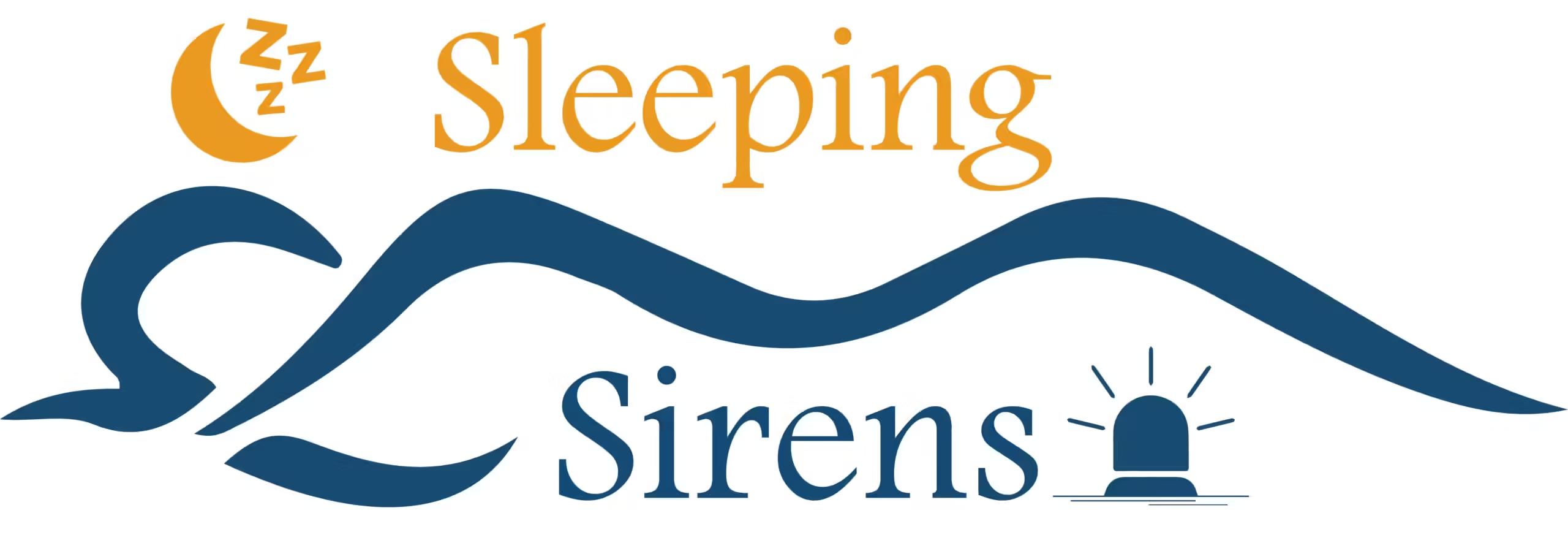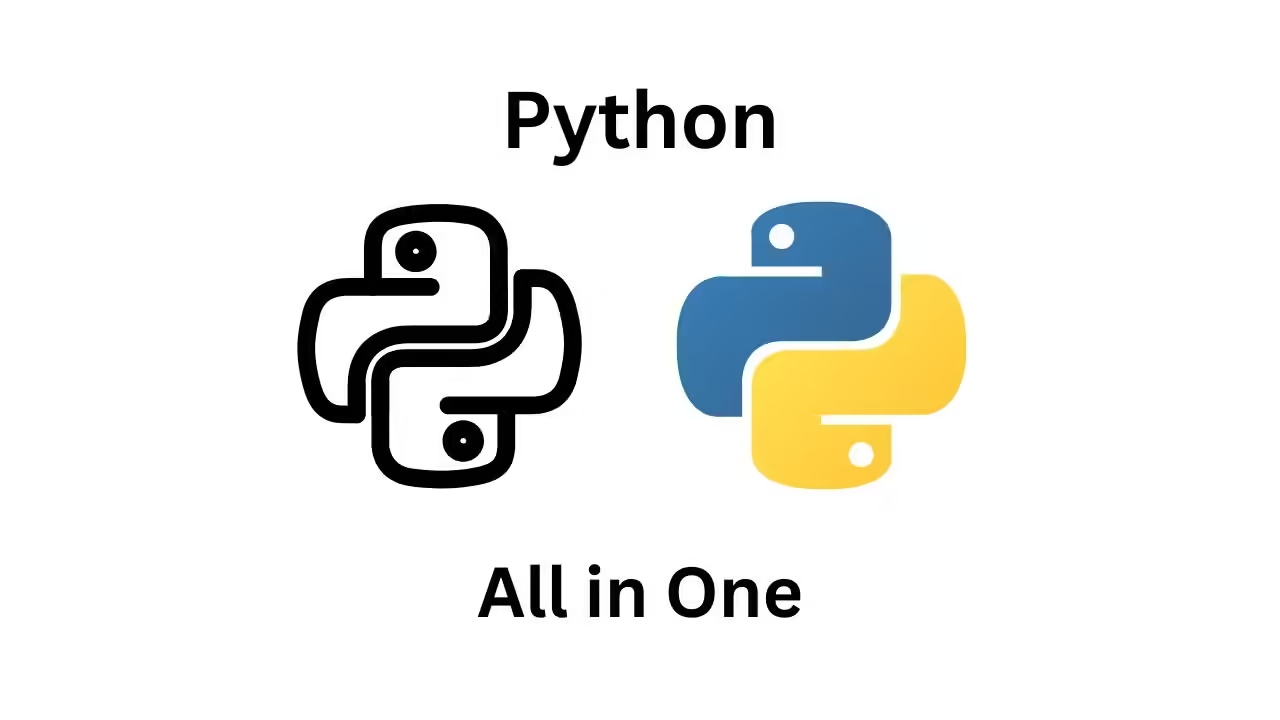Python is like that friend who makes everything easier and is always there when you need help. It’s a popular programming language, known for being beginner-friendly, and yet, it’s powerful enough for seasoned developers to do some pretty incredible things. Whether you’re interested in building websites, crunching numbers for data analysis, automating tasks, or even diving into artificial intelligence, Python has got you covered.
Imagine this: you’re just starting to learn how to code. Some languages, like C++ or Java, might feel like learning a new language with complicated grammar rules. Python, though? It’s like learning a language that’s surprisingly similar to English. Its syntax—or the way you write commands—is simple, and you can often understand what a piece of code does just by reading it. For instance, if you want to print the words “Hello, World!” to your screen, all you need to write is:
That’s it. No extra hoops to jump through. And that’s one reason why Python is so great for beginners. It’s straightforward, approachable, and lets you start doing things right away.
But don’t mistake its simplicity for a lack of power. Python is also a favorite for experts and professionals, and it’s used in everything from startup projects to massive applications. It’s an “interpreted” language, which means you don’t have to worry about compiling your code before running it—you just write and execute. This makes it super convenient when you’re trying to experiment, test ideas, or quickly fix bugs.
One of the best parts about Python is its versatility. It’s used in a ton of different fields. Let’s look at a few examples:
Web Development
If you’ve ever wanted to create a website, Python can help you there too. With frameworks like Django and Flask, Python provides powerful tools to build everything from simple personal websites to complex web applications. Django, for instance, takes care of a lot of the heavy lifting, like managing databases or user authentication, so you can focus on your actual site instead of reinventing the wheel.
Data Science and Machine Learning
Over the past few years, Python has become the go-to language for data science and machine learning—the stuff that powers self-driving cars and personalized recommendations. Libraries like Pandas (for data manipulation) and NumPy (for numerical computations) make handling data a breeze. Meanwhile, scikit-learn and TensorFlow allow you to build machine learning models without needing a PhD in mathematics. If you’ve ever used Netflix or Spotify and wondered how they seem to know exactly what you want, there’s a good chance Python played a role behind the scenes.
Automation and Scripting
Python is also fantastic for automating boring, repetitive tasks. Have you ever thought, “I wish I could just get my computer to do this for me?” Well, Python makes that dream come true. You can write a script to rename hundreds of files, scrape data from a website, or even send out emails automatically—all in just a few lines of code. For many people, this is their first real taste of how powerful programming can be.
Game Development
If you’re into gaming, you might find Python handy too. It’s not the primary language for most big games, but it’s great for prototyping game ideas or even creating simpler games. Libraries like Pygame let you create games quickly, which makes it perfect if you’re just starting out or if you want to bring an idea to life without too much hassle.
Community and Libraries
One of the most remarkable things about Python is its community. If you run into a problem, there’s a very good chance that someone else has already faced that same issue—and solved it. The Python community is vast, and people are always happy to share tips, provide help, or contribute to open-source projects. Plus, Python has an enormous library of tools—called modules or packages—that add functionality so you don’t have to write everything from scratch. Need to create a graph? There’s Matplotlib. Want to connect to a database? There’s SQLAlchemy. These libraries make Python almost infinitely extendable.
Downsides?
Of course, Python isn’t perfect. Because it’s an interpreted language, it’s not the fastest out there. If you need something that runs blazingly fast—say, for game engines or system-level programming—languages like C or Rust might be better choices. Python also tends to use more memory compared to some other languages. But for the vast majority of tasks, these aren’t deal-breakers.
Python is also what we call “open-source,” which means anyone can use it for free, and people all over the world contribute to making it better. It’s got roots in academia, but it’s also the darling of tech giants like Google, Facebook, and Instagram. In fact, Instagram is mostly written in Python! Even NASA uses Python for some of its applications, which is pretty cool if you think about it.
Why Python?
If you’re still wondering why Python is such a big deal, it really boils down to accessibility and power. Python makes it easy to jump into programming, but it’s also strong enough to grow with you as you become more advanced. Whether you’re a high school student writing your first piece of code or an experienced developer creating complex machine learning models, Python has the tools to make it happen—and make it fun along the way.
In a world full of programming languages, Python stands out because of its welcoming nature and versatility. It’s like a Swiss Army knife for developers—simple enough to pick up immediately but with enough depth that you can use it for almost anything. If you’re curious about coding, Python is definitely one of the best places to start.1. Setup and Basics 🏁
– Install Python 🖥️: Download Python and set it up.
– Hello, World! 🌍: Write your first Hello World program.
2. Basic Syntax in Python
📜- Variables and Data Types
📊: Learn about strings, integers, floats, and booleans.- Control Structures
🔄: Understand if-else statements, for loops, and while loops.- Functions
🛠️: Write reusable blocks of code.
3. Data Structures 📂
– Lists 📋: Manage collections of items.
– Dictionaries 📖: Store key-value pairs.
– Tuples 📦: Work with immutable sequences.
– Sets 🔢: Handle collections of unique items.
4. Modules and Packages 📦
– Standard Library 📚: Explore built-in modules.
– Third-Party Packages 🌐: Install and use packages with pip.
5. File Handling 📁
– Read and Write Files 📝
– CSV and JSON 📑
6. Object-Oriented Programming 🧩
– Classes and Objects 🏛️
– Inheritance and Polymorphism 👨👩👧
7. Web Development 🌐
– Flask 🍼: Start with a micro web framework.
– Django 🦄: Dive into a full-fledged web framework.
8. Data Science and Machine Learning 🧠
– NumPy 📊: Numerical operations.
– Pandas 🐼: Data manipulation and analysis.
– Matplotlib 📈 and Seaborn 📊: Data visualization.
– Scikit-learn 🤖: Machine learning.
9. Automation and Scripting 🤖
– Automate Tasks 🛠️: Use Python to automate repetitive tasks.
– APIs 🌐: Interact with web services.
10. Testing and Debugging 🐞
– Unit Testing 🧪: Write tests for your code.
– Debugging 🔍: Learn to debug efficiently.
11. Practice Projects 💡
– Calculator 🧮
– To-Do List App 📋
– Weather App ☀️
– Personal Blog 📝
If you need a list here is a list of best Google, Microsoft, and Meta Professional Certificate on Coursera:
Here’s the list you can enroll in:-
🔗 7000+ Course Access :
https://lnkd.in/gD7H-4zA
<>. Google Data Analytics:
🪢https://lnkd.in/g9VrrepW
1. Google Data Analytics Professional Certificate.
🔗 https://lnkd.in/gptjgzyh
2. Google Advanced Data Analytics Professional Certificate.
🪢 https://lnkd.in/g4GpwPEM
3. Google Cyber Security Professional Certificate.
🔗https://lnkd.in/gsA59PiB
4. Google UX Design Professional Certificate.
🪢https://lnkd.in/g-qAzDJD
5. Google IT Support Professional Certificate.
🔗https://lnkd.in/gknkZ74Q
6. Google Project Management: Professional Certificate.
🪢https://lnkd.in/gxTK4MVX
7. Google Business Intelligence Professional Certificate.
🔗https://lnkd.in/gfCzVSQC
8. Google Digital Marketing & E-commerce
🪢https://lnkd.in/gZ77vP8p
9. Microsoft Cyber Security Analyst Certificate.
🔗https://lnkd.in/ghB-PA_r
10. Meta Front-End Developer Professional Certificate.
🪢https://lnkd.in/gcAs426h
Like if you need similar content 😄👍
Repost and share with your network 🛜 ❤️
Follow for more amazing posts.
hashtag#DataAnalytics hashtag#DataScience hashtag#dataanalysis
More blogs: https://sleepingsirens.com

